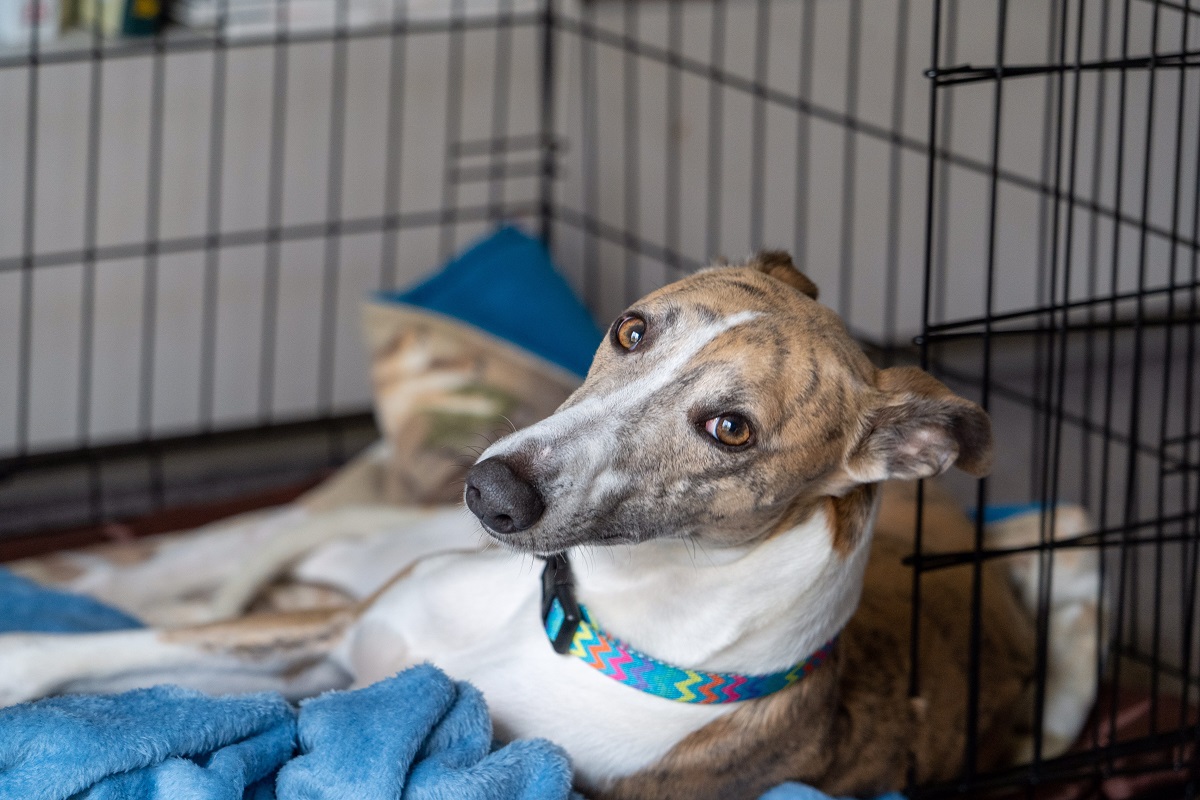The Federal Government has announced from 1 March, dogs and cats imported from most countries will need to undertake 30 days quarantine.
Currently it stands at 10 days, but following a policy review, the Department of Agriculture, Fisheries, and Forestry decided to increase the quarantine time to mitigate the chance of rabies in Australia.
Australia currently holds a rabies-free status, with the last recorded case appearing in 1867, and since the quarantine period was reduced from 30 days to 10 days in 2013, there still has not been a single case of rabies.
Dr Paul Hewitt, a member of Dogs Qld, said that while the quarantine period is 30 days, most animals are required to do 180 days in residence overseas before importation.
“It is more like 210 days, plus up to three months to get a spot in the overloaded quarantine facility, and then the actual 30 days quarantine. We could be talking 270 days between when a pet owner says goodbye to their beloved animal or show dog and they are re-united.”
Dr Hewitt has been breeding dogs for over 50 years and has been a respected judge at local and international dog shows. Over the years, Dr Hewitt has imported six dogs and currently has two animals at a boarding facility in the USA, and says that cost is also another massive factor.
“The present cost of quarantine is $200 per day per animal, for ostensibly a glorified boarding kennel. So, for 30 days the cost will go up to $6,000 from $2,000 per animal.”
Dr Hewitt is paying $40 a day for each animal in the US boarding facility, which brings the total cost to $7,200 per animal for the require 180 days in residence.
“Thus, you could now be looking at some $13,000 not including air fares and consultancy fees. No change out of $20,000, which is out of range of most owners be they show dogs or loved pets.”
Then there is the psychological damage that can be done to a dog, says Dr Hewitt, with most animals experiencing Separation Syndrome and the associated behavioural difficulties.
“Some dogs never recover. In quarantine, staff do the best they can, but animals are often released in psychotic distress, underweight, and dirty, because groomers are not allowed in, let alone owners.”
Dr Hewitt also says this is the first time, to his knowledge, that a quarantine review has been conducted behind closed doors.
“Previous such reviews were conducted externally by independent specialists. To be sure it has nothing to do with rabies.”
To stay up to date on the latest industry headlines, sign up to the Pet Industry News e-newsletter.

